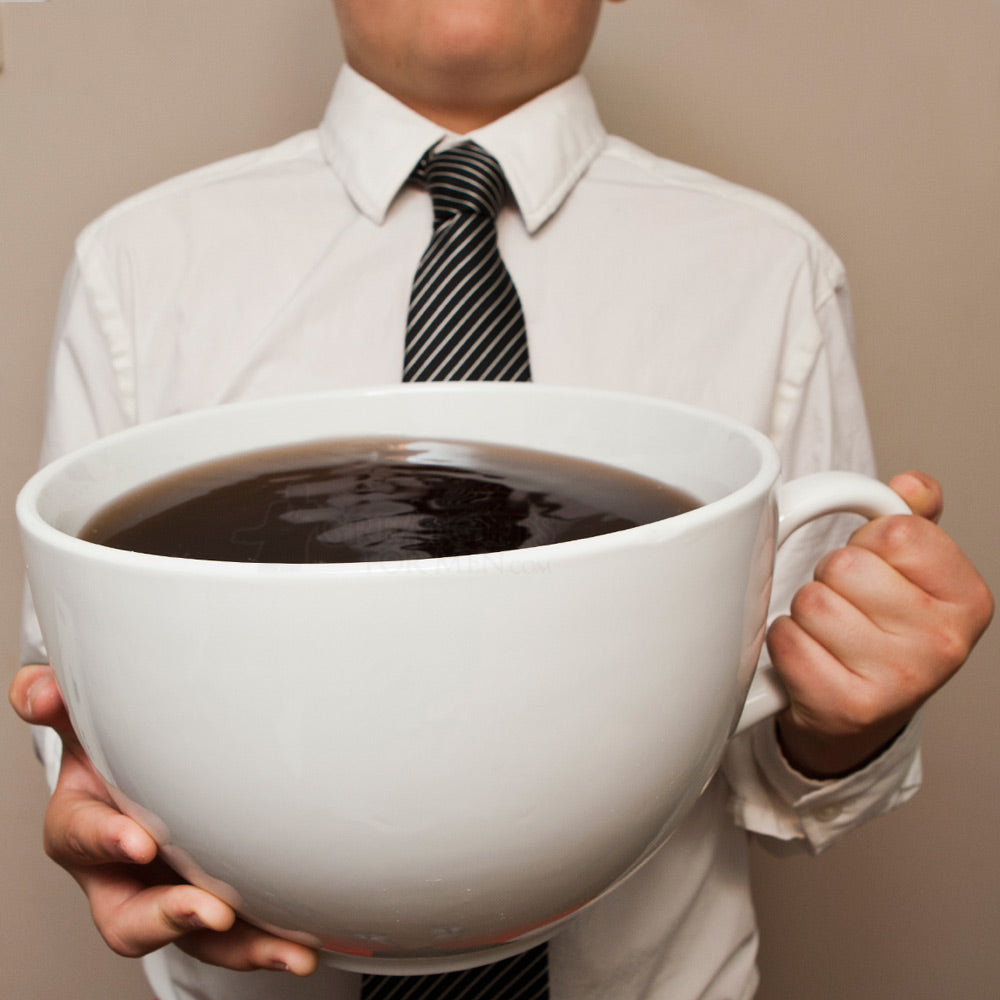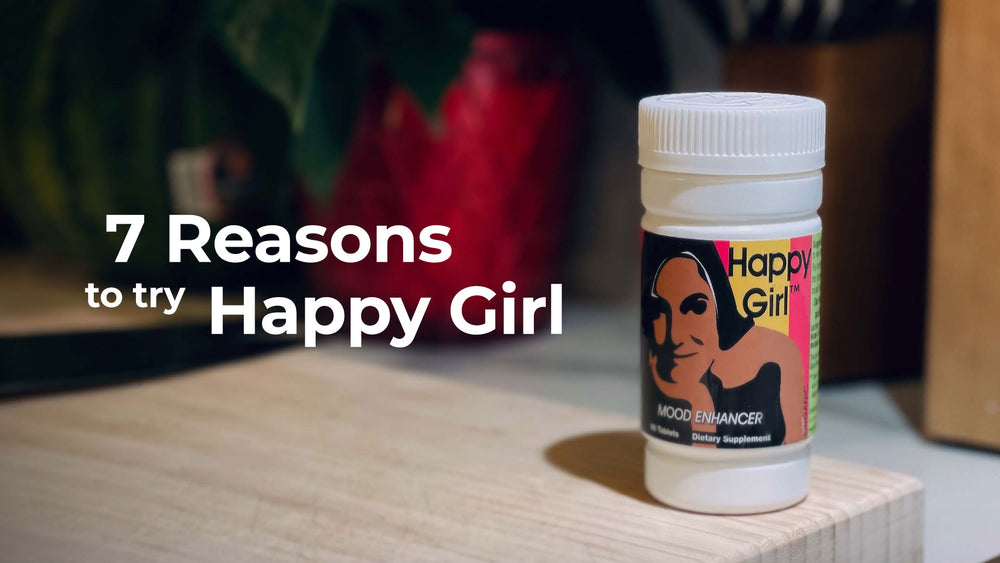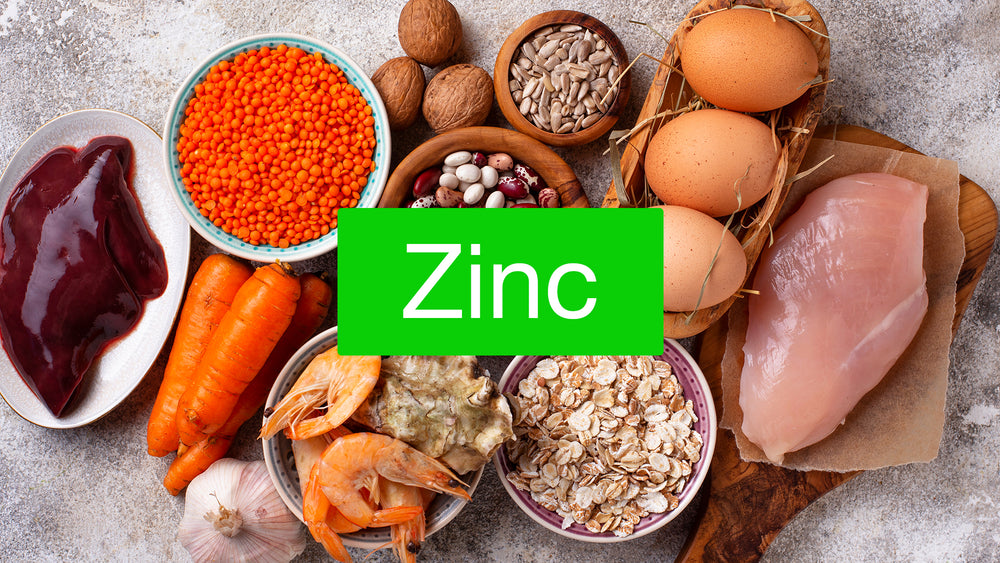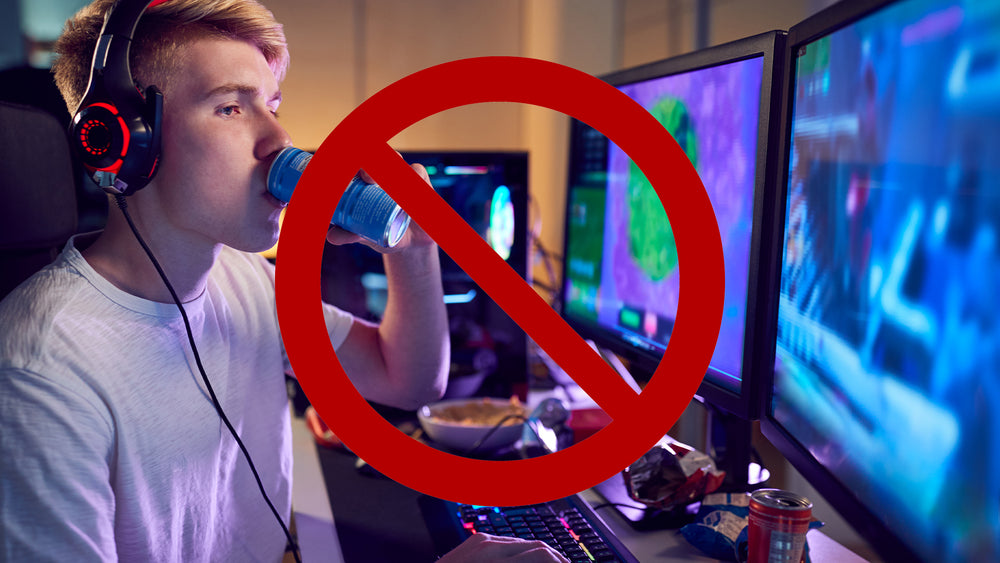Are you waking up to that beeping alarm, struggling to find the energy to wake up and start your day?
How about a nice cup of that steaming coffee brewing at your local coffee shop?
Spending that $4.25 on your hot coffee with extra whip sounds yummy, and it'll jump-start your day, but how about after you take that last sip?
Look at the ingredients in your tall cup of heaven; espresso with bittersweet mocha sauce, steamed milk, and that perfect amount of whipped cream.
Now in those few words, we can look deeper and find the amount of caffeine, sugar, and sodium mixed into your morning drink.
On average, 35 grams of sugar, 150 milligrams of sodium, and a whopping 175 milligrams of caffeine are being poured into your body when it's just beginning to start its long day.
When your body is put under the stress of functioning with high levels of sugar and caffeine, it can only go on for so long until it crashes, and you're left with a longing for more caffeine or a pretty long nap.
People consume coffee and other sugary drinks to awaken their bodies. However, most people aren't aware that they're setting their bodies up for a path to exhaustion.
There's no harm in treating yourself to a well-deserved mocha frap but think twice before reaching for the large coffee that could potentially halt the latter half of your day.
Researchers have found that drinking two glasses of water instead of coffee when you first wake up is extra beneficial in helping all of your vital organs, including your brain, to wake up and get going on, helping you work through your day. If you're tired or need that kickstart of motivation to move out of bed, take a REVV and let the natural ingredients take their course.
What is a caffeine crash?
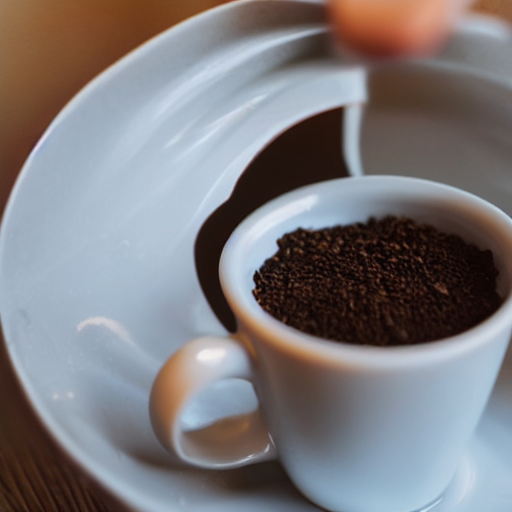
A caffeine crash is fatigue or tiredness that the overconsumption of caffeine can cause. When caffeine stresses the body, it can only go on for so long until it crashes. This can lead to a longing for more caffeine or a long nap.
Caffeine crashes can be caused by drinking too much coffee, tea, energy drinks, or soda. They can also be caused by taking caffeine pills or supplements. The crash may last for a few hours or up to a day.
Symptoms of a caffeine crash include headaches, fatigue, anxiety, irritability, and difficulty concentrating. There are several ways to avoid or reduce the effects of a caffeine crash. These include drinking water, getting enough sleep, and eating a balanced diet.
How long does it take for caffeine to crash?

The time it takes for a caffeine crash to occur can vary depending on the person. Some people may experience a crash after drinking one high-caffeine drink, while others may not experience an impact until they have had several drinks.
The time the caffeine is in the system can also affect the severity of the crash. Caffeine can stay in the system for up to 12 hours. The half-life of caffeine is about 5 hours.
This means that after 5 hours, the level of caffeine in the body will be half of what it was when it was what it was when consumed. The severity of the crash can also depend on how much caffeine was consumed and how sensitive the person is to caffeine.
People keen on caffeine may experience a crash after drinking just one cup of coffee. In contrast, less sensitivelesssensitiveness sensitive may not experience a crash impact until they have had several cups.
What are the symptoms of a caffeine crash?
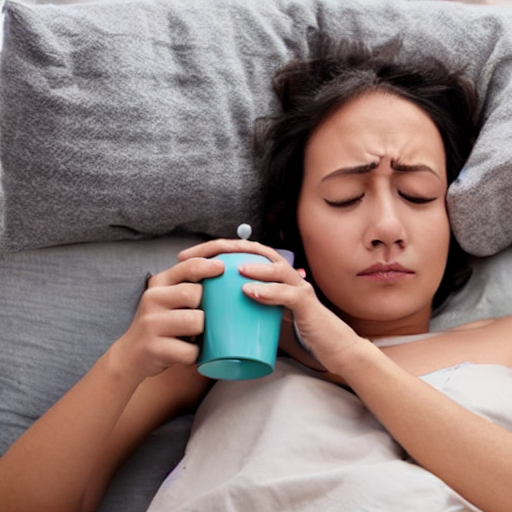
Symptoms of a caffeine crash include headaches, fatigue, anxiety, irritability, and difficulty concentrating. These symptoms can range from mild to severe and last for a few hours or up to a day.
Caffeine crashes can be avoided by drinking water, getting enough sleep, and eating a balanced diet. If you experience a crash impact, the best thing to do is to experience a collision; the best thing to do is rest and drink plenty of fluids.
Avoiding caffeine for several days can also help to reduce the severity of future crashes.
Why do I crash so hard from caffeine?
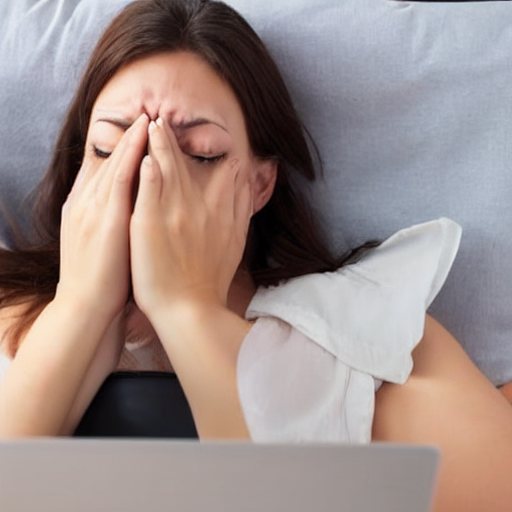
There are several reasons why people crash hard from caffeine. One reason is that caffeine can stay in the system for up to 12 hours. This means that the level of caffeine in the body can be high long after the person has stopped drinking caffeine.
This can lead to a crash when the caffeine wears off. Another reason is that the half-life of caffeine is about 5 hours. This means that after 5 hours, the level of caffeine in the body will be half of what it was when it was what it was when consumed.
So, if someone drinks a lot of caffeine in a short time, they may experience a more severe crash than someone who consumes smaller amounts over a more extended period.
Additionally, people sensitive to caffeine may experience a crash after drinking just one cup of coffee. In contrast, less sensitive people may not share a crash crash impact until they have had several cups.
Finally, caffeine crashes can be caused by drinking too much coffee, tea, energy drinks, or soda. They can also be caused by taking caffeine pills or supplements.
How do you get out of a caffeine crash?
If you experience a caffeine crash, the best thing to do is to rest and drink plenty of fluids. Avoiding caffeine for several days can also help to reduce the severity of future crashes.
There are several ways to avoid, prevent or mitigate the effects of a caffeine crash. These include drinking water, getting enough sleep, and eating a balanced diet.
Additionally, people can limit their caffeine intake by drinking decaffeinated coffee or tea, switching to energy drinks with lower caffeine levels, or avoiding caffeine pills or supplements.
How long will 80 mg of caffeine last?
Based on the information in the article, a caffeine crash can last anywhere from a few hours to a day. The collision's severity may depend on how much caffeine was consumed, how sensitive the person is to caffeine, and how long the caffeine stays in the system.
Generally speaking, 80 mg of caffeine should last about 8 hours. However, this can vary depending on the individual.
What does a caffeine high feel like?
High caffeine can feel like an energy boost, a feeling of euphoria, or hyperactivity. It can also cause restlessness, anxiety, and irritability.
Caffeine highs usually last for a few hours and then are followed, followed by a caffeine crash. Limiting caffeine intake and drinking plenty of water is essential to avoid collisions.
How many hours after coffee can I sleep?
It is best to avoid caffeine 6-8 hours before bedtime. However, everyone metabolizes caffeine differently.
So, some people may be able to sleep 8 hours after drinking coffee while others may need to wait 12 hours. It is important to experiment to find out how caffeine affects your sleep.
Why does caffeine make me tired, ADHD?
There is some evidence that caffeine can worsen symptoms of ADHD. One study found that children who drank caffeine had more trouble paying attention and were more restless than children who did not drink caffeine.
Additionally, caffeine can interfere with the sleep cycle, which can also and aggravate and aggravate ADHD symptoms. For these reasons, it is best for people with ADHD to avoid caffeine or to drink it in moderation.
Why does coffee make me sleepy immediately?
There are several reasons why coffee can make someone sleepy immediately. One reason is that caffeine can stay in the system for up to 12 hours. This means that the level of caffeine in the body can be high long after the person has stopped drinking coffee.
This can lead to a crash when the caffeine wears off. Another reason is that the half-life of caffeine is about 5 hours. This means that after 5 hours, the level of caffeine in the body will be half what it was when consumed.
So, if someone drinks a lot of coffee in a short time, they may experience a more severe crash than someone who consumes smaller amounts over a longer, more extended period.
Additionally, people sensitive to caffeine may experience a crash after drinking just one cup of coffee. In contrast, less sensitive people may not experience a crash impact until they have had several cups.
Finally, coffee can make someone sleepy immediately because it contains caffeine. Caffeine is a stimulant and can cause restlessness and anxiety. When consumed in high doses, it can also cause drowsiness.
How much caffeine is in coffee?
There is a range of caffeine levels in coffee, depending on the bean type, roast level, and brewing method. However, on average, there is about 100 mg of caffeine in an 8 oz cup of coffee.
How much caffeine is in green tea?
There is about half as much caffeine in green tea as in coffee. An 8 oz cup of green tea typically contains about 50 mg of caffeine.
How much caffeine is in black tea?
An 8 oz cup of black tea typically contains about 25 mg of caffeine.
How much caffeine is in Monster energy drink?
Monster energy drinks typically contain about 160 mg of caffeine per can.
How much caffeine is in a NoDoz tablet?
NoDoz tablets typically contain about 200 mg of caffeine.
How much caffeine is in a Red Bull?
Red Bull typically contains about 80 mg of caffeine per can.
How much caffeine is in an iced tea?
An 8 oz iced tea typically contains about 25 mg of caffeine.
How much caffeine is in a frappuccino?
A frappuccino typically contains about 150 mg of caffeine.
How much caffeine is in a latte?
A latte typically contains about 150 mg of caffeine.
Do you want the caffeine crash?
Caffeine can have various effects on the body, depending on how much is consumed and when it is consumed. Some people may feel energetic after drinking caffeine, while others may feel jittery or anxious. Caffeine can also cause a crash after the high wears off.
Limiting caffeine intake and drinking plenty of water is essential to avoid a caffeine crash. It is also best to avoid caffeine 6-8 hours before bedtime. For people with ADHD, caffeine can worsen symptoms, so it is best to avoid or drink it in moderation.
Caffeine levels vary in different drinks and foods, so it is important to be aware of how much caffeine one consumes throughout the day.

